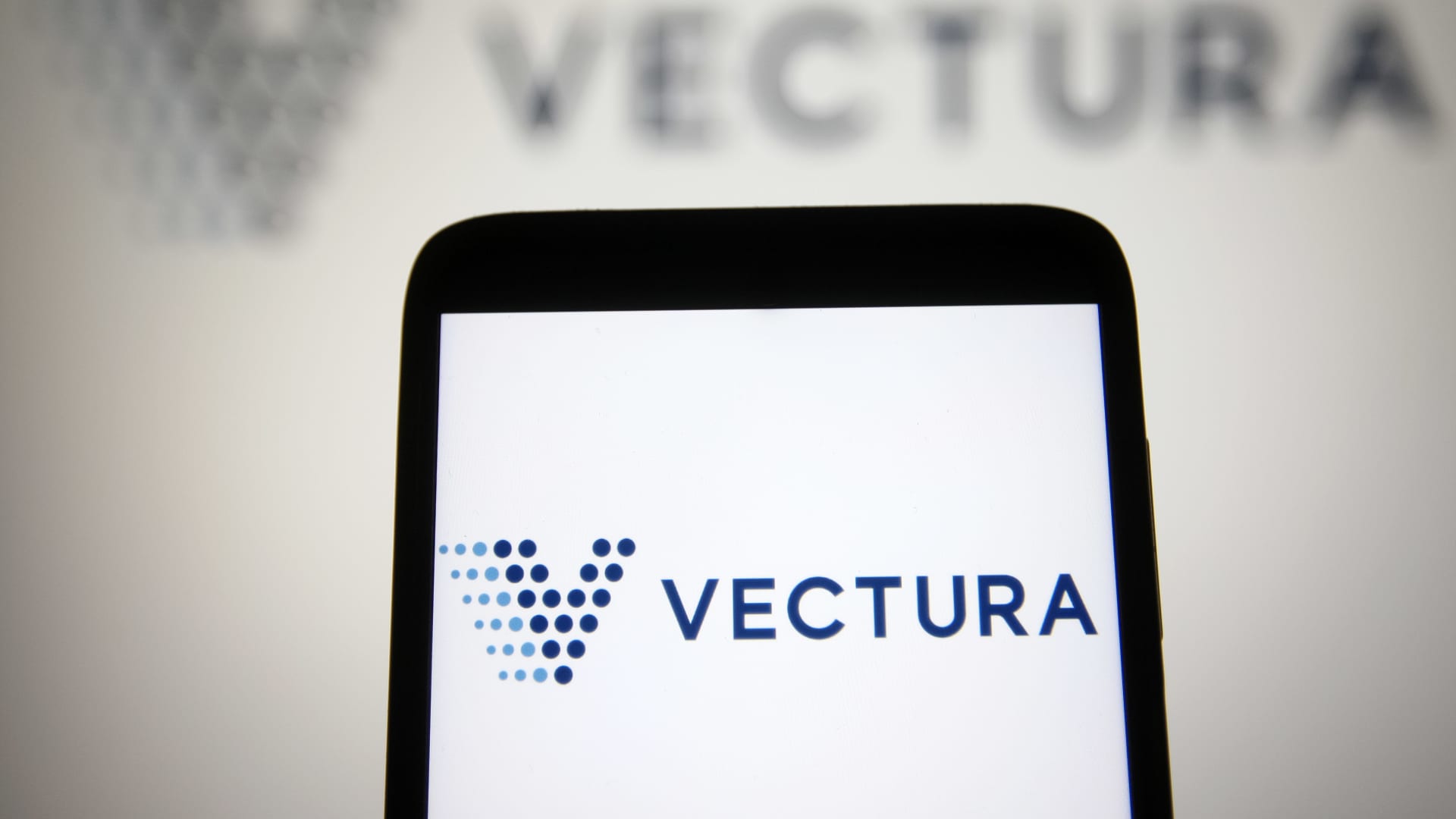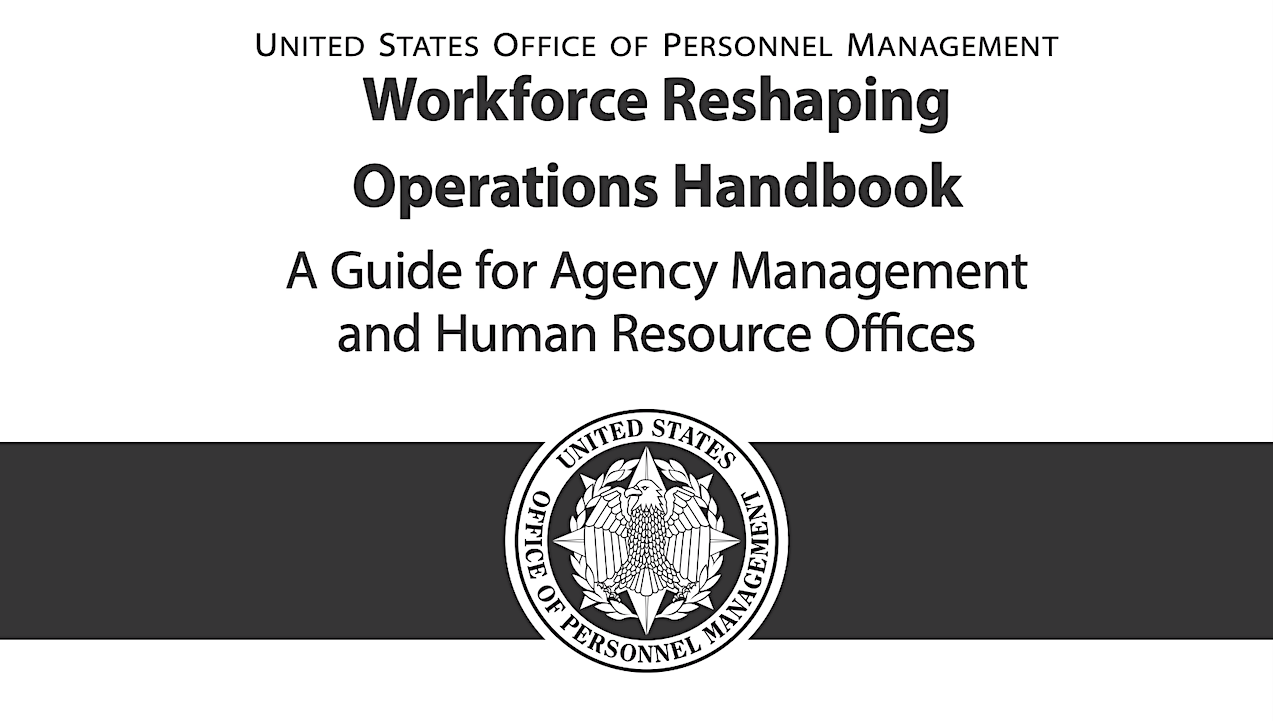A Vectura Group logo is seen on a smartphone and a PC screen.
Pavlo Gonchar | SOPA Images | Lightrocket | Getty Images
Philip Morris International is contemplating selling a stake in its largest pharmaceuticals unit.
The tobacco company, known for its Marlboro cigarettes, entered the health care and wellness space in 2021 with the acquisition of Vectura, a U.K.-based pharmaceutical company specializing in inhaled medicines and inhaler devices.
However, in recent times, the division has faced challenges, prompting Philip Morris to explore options to grow its wellness and health-care division. The Wall Street Journal first reported that the company has been in talks with Deutsche Bank regarding various possibilities.
Philip Morris is now looking for a new partner to support Vectura’s growth and is considering different options, including licensing or royalties agreements, commercial partnerships, or the sale of a majority or minority stake in the business.
In addition to Vectura, Philip Morris has also acquired Fertin Pharma, a nicotine gum maker, and OtiTopic, a respiratory drugmaker, over the past few years. These acquisitions, totaling over $2 billion, align with the company’s long-term strategy of developing smoke-free products and medicines for respiratory diseases associated with cigarette smoking.
However, the acquisitions have faced criticism from the public health sector. In the second quarter of this year, Philip Morris recorded a $680 million impairment charge related to its wellness and health-care division.
Initially, after the Vectura acquisition, Philip Morris aimed to generate at least $1 billion in net revenues from its “Beyond Nicotine” business by 2025. However, due to setbacks, the company has revised its goals and intends to reduce investments in the division.
Despite the challenges, Philip Morris remains committed to developing its wellness and health-care business, with plans to accelerate Vectura’s growth and explore potential partnerships.
Meanwhile, the tobacco company continues to face resistance from public health groups. Recently, Philip Morris’ CEO was removed from the lineup at the Concordia Annual Summit, a side event to the United Nations General Assembly meeting. Health experts refused to speak at the conference in protest against the CEO’s appearance, leading Concordia to immediately rescind Philip Morris’ membership in the conference.










